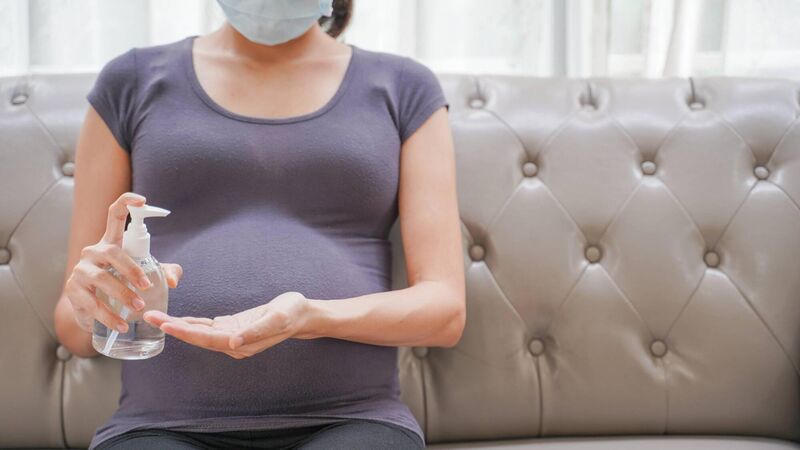Medical body moves to debunk myths on Covid vaccines and women's fertility

A leading obstetrician has moved to expel myths around the coronavirus vaccine, including claims spread on social media that it affects women's fertility.
A leading obstetrician has moved to expel myths around the Covid-19 vaccine, including claims spread on social media that it affects women's fertility.
Updated vaccine guidelines have been issued by the Institute of Obstetricians and Gynaecology in response to fears around infertility and menstruation.













